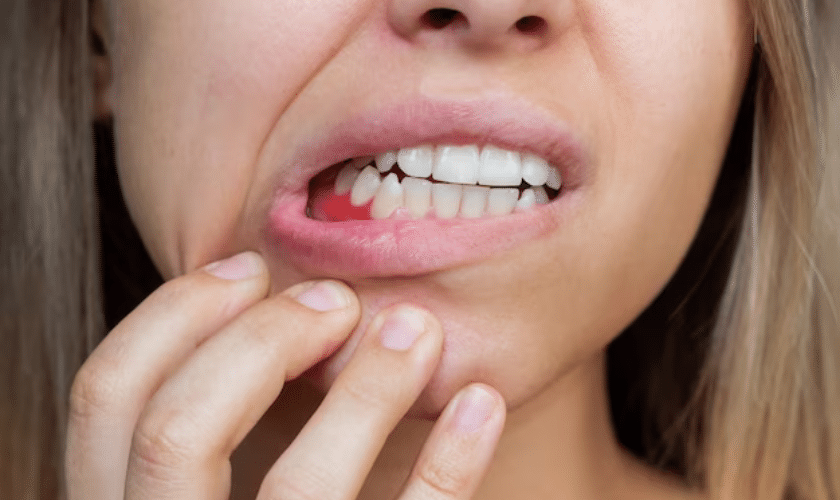11/21/2024
Gum disease, also known as periodontal disease, is a common dental condition that affects millions of people worldwide. It's a serious infection that damages the gums and the underlying bone that supports the teeth. If left untreated, gum disease can lead to tooth loss, bad breath, and even systemic health problems.
Understanding Gum Disease
Gum disease occurs when plaque, a sticky film of bacteria, builds up on the teeth. If plaque isn't removed regularly through brushing and flossing, it can harden into tartar, which can only be removed by a dental professional. As tartar builds up, it irritates the gums, causing inflammation and infection.
Types of Gum Disease
There are two main types of gum disease:
Gingivitis: This is the early stage of gum disease, characterized by swollen, red, and bleeding gums. Gingivitis is often reversible with good oral hygiene practices.
Periodontitis: This is a more advanced form of gum disease that destroys the tissue that supports the teeth. Periodontitis can lead to tooth loss and other serious health problems.
Symptoms of Gum Disease
The symptoms of gum disease may include:
Swollen, red, or tender gums
Bleeding gums
Persistent bad breath
Loose teeth
Receding gums
Changes in bite
Pain when chewing
Treatment for Gum Disease
The treatment for gum disease depends on the severity of the condition. In mild cases, professional cleaning and improved oral hygiene may be sufficient. For more advanced cases, more invasive procedures may be necessary, such as:
Scaling and root planing: This procedure involves removing tartar and plaque from the teeth and roots.
Antibiotics: Antibiotics may be prescribed to help fight infection.
Surgery: In severe cases, surgery may be necessary to repair damaged tissue and bone.
Preventing Gum Disease
The best way to prevent gum disease is to practice good oral hygiene. This includes:
Brushing your teeth twice a day with a fluoride toothpaste
Flossing daily
Visiting your dentist regularly for professional cleanings and checkups
By taking these simple steps, you can help keep your gums healthy and prevent gum disease.
Remember, early detection and treatment are key to preventing the progression of gum disease. If you're experiencing any symptoms of gum disease, be sure to see your dentist right away.
